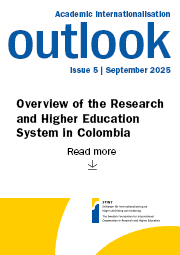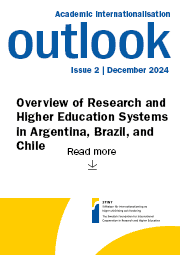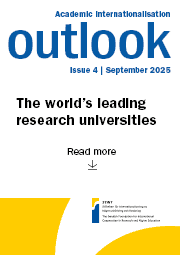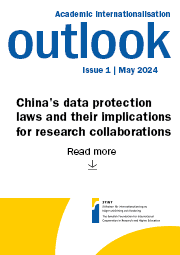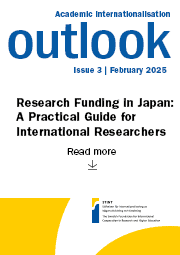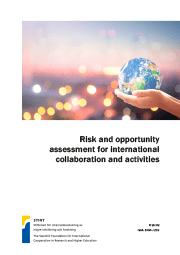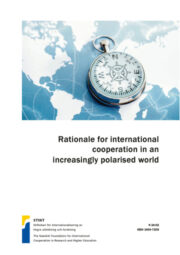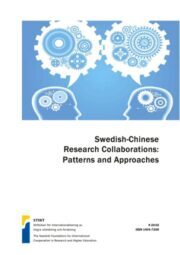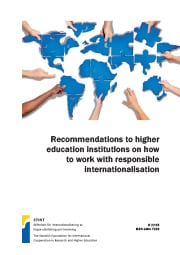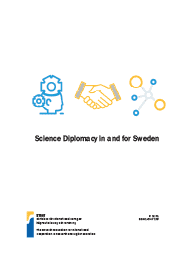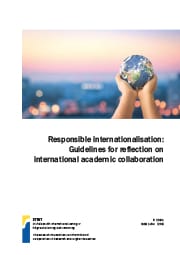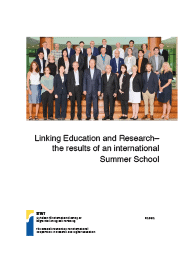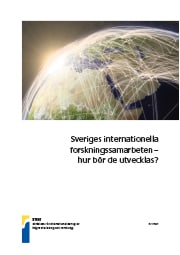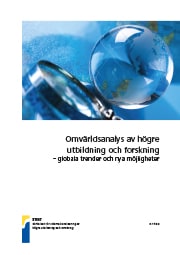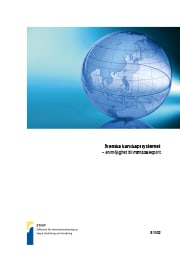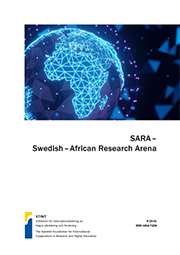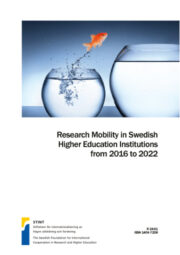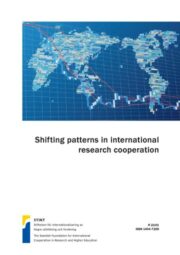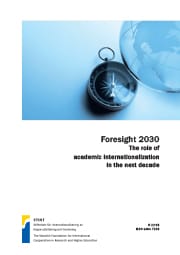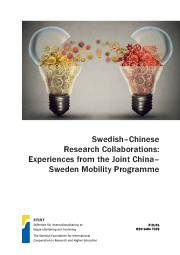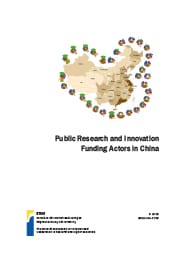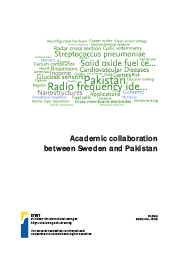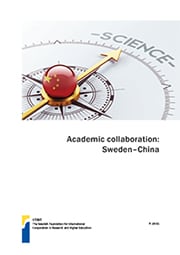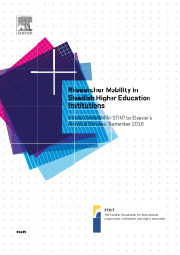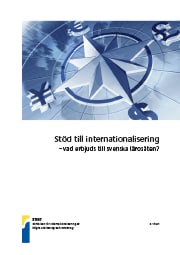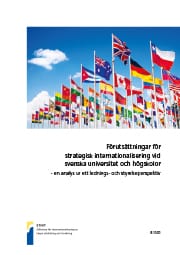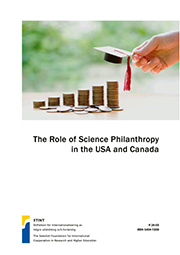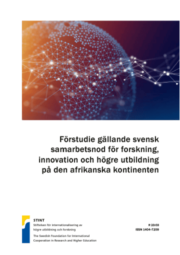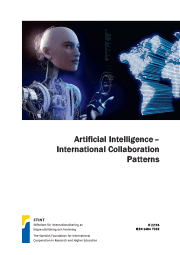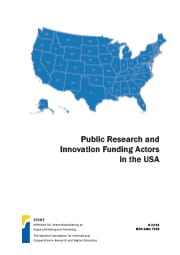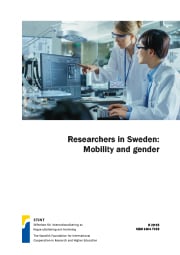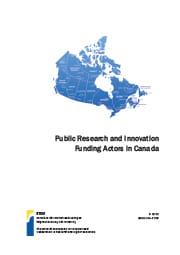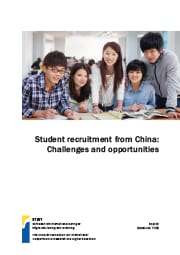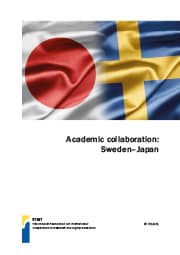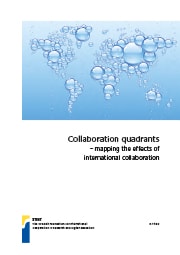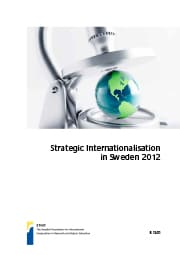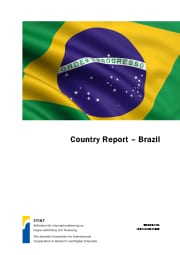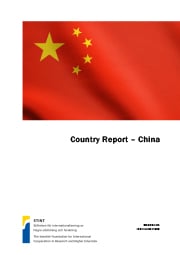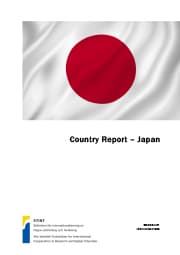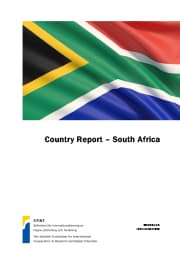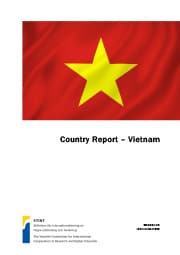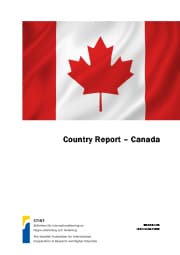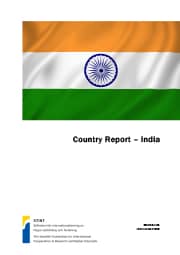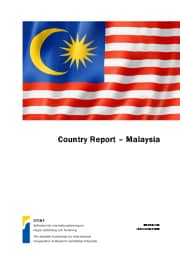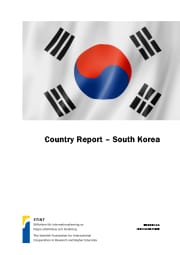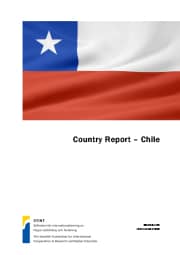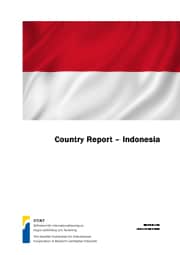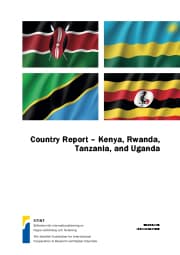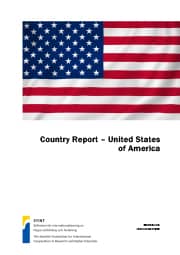Trend analysis and strategic relationship building
During recent years, the internationalisation of higher education and research has moved from being reactive to becoming proactive and strategic, and internationalisation has evolved from presenting added value to becoming a natural part of the operations of many higher education institutions. Competitiveness is increasing globally, as is the commercialisation of higher education. There are more extensive academic activity across national borders, while syllabi and teaching are simultaneously being internationalised and becoming as important as the traditional focus on mobility.
Emerging countries are investing in education, research and innovation to refine and diversify their economies, which means that the playing field has been levelled and there are more equal players. Several of these emerging countries in the sciences also differ in many respects from the countries that had traditionally led the field. These factors create many new opportunities, but also challenges that require greater skills and expertise in the development of relevant, competitive internationalisation strategies for both higher education institutions and research funders.
Building a knowledge and skills base in the area of internationalisation is therefore a central part of our mandate. We aim to be a national knowledge resource on internationalisation for higher education institutions and other relevant actors. We also conduct trend analysis and build strategic relationships. In our trend analysis work, we collaborate closely with other relevant actors in Sweden and internationally, as well as with international experts, research groups and think tanks. We publish reports and articles, and organise seminars and delegation visits. Our presence and staff in North America and East Asia give us unique insight and capacity to analyse trends in higher education and research.
Academic internationalisation outlook
Reports
Country Reports
Publications
H. Pohl, ”Internationalisation, innovation and academic-corporate co-publications,” Scientometrics, vol. 126, no. 2, pp. 1329-58, January 2021.
S. Schwaag Serger, “Vad händer efter biståndet?,” Svenska Dagbladet, 23 June 2017. (In Swedish)
O. Wästberg, ”Inrätta en snabbfil för utländska forskare,” Expressen, 27 October 2015. (In Swedish)

